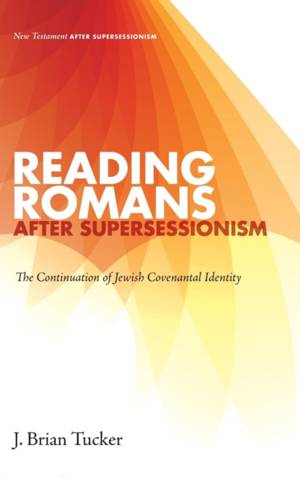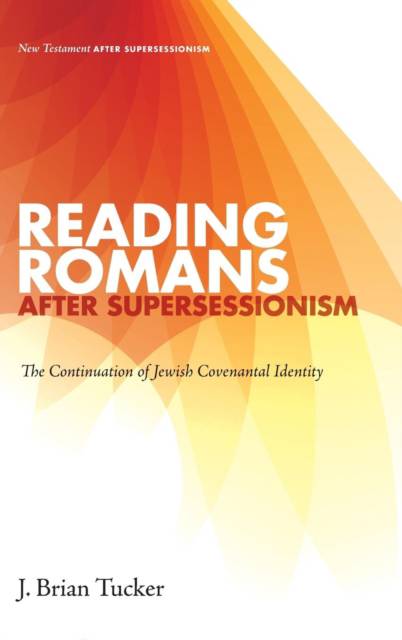
- Afhalen na 1 uur in een winkel met voorraad
- Gratis thuislevering in België vanaf € 30
- Ruim aanbod met 7 miljoen producten
- Afhalen na 1 uur in een winkel met voorraad
- Gratis thuislevering in België vanaf € 30
- Ruim aanbod met 7 miljoen producten
Zoeken
€ 80,45
+ 160 punten
Uitvoering
Omschrijving
The Letter to the Romans explains the way Paul thought Jewish covenantal identity continued now that the messianic era had begun. More particularly, Paul addresses the relevance of Abraham for Jews and gentiles, the role of Torah, and the way it is contextualized in Christ. All too often, however, these topics are read in supersessionist ways. This book argues that such readings are unpersuasive. It offers instead a post-supersessionist perspective in which Jewish covenantal identity continues in Paul's gospel. Paul is no destroyer of worlds. The aim of this book is to offer a different view of the key interpretive points that lead to supersessionist understandings of Paul's most important letter. It draws on the findings of those aligned with the Paul within Judaism paradigm and accents those findings with a light touch from social identity theory. When combined, these resources help the reader to hear Romans afresh, in a way that allows both Jewish and non-Jewish existing identities continued relevance.
Specificaties
Betrokkenen
- Auteur(s):
- Uitgeverij:
Inhoud
- Aantal bladzijden:
- 310
- Taal:
- Engels
- Reeks:
- Reeksnummer:
- nr. 6
Eigenschappen
- Productcode (EAN):
- 9781498217538
- Verschijningsdatum:
- 20/08/2018
- Uitvoering:
- Hardcover
- Formaat:
- Genaaid
- Afmetingen:
- 152 mm x 229 mm
- Gewicht:
- 625 g

Alleen bij Standaard Boekhandel
+ 160 punten op je klantenkaart van Standaard Boekhandel
Beoordelingen
We publiceren alleen reviews die voldoen aan de voorwaarden voor reviews. Bekijk onze voorwaarden voor reviews.











